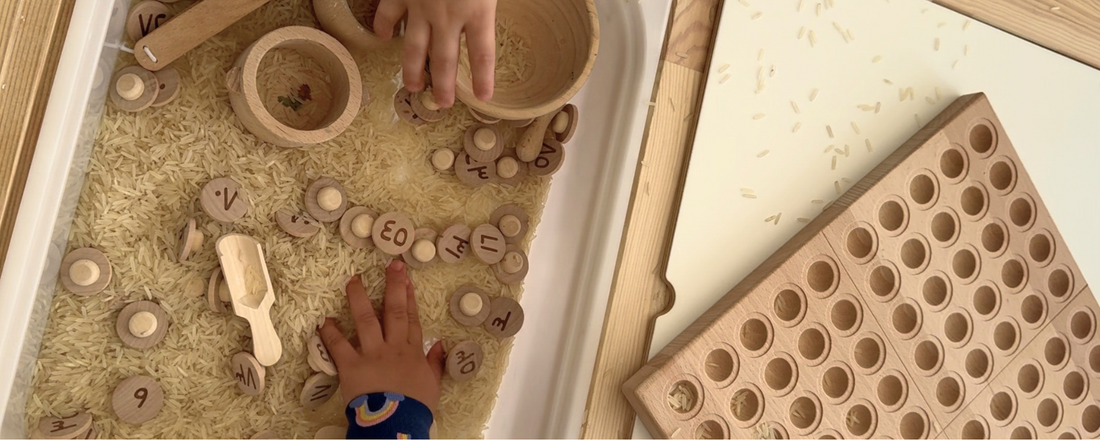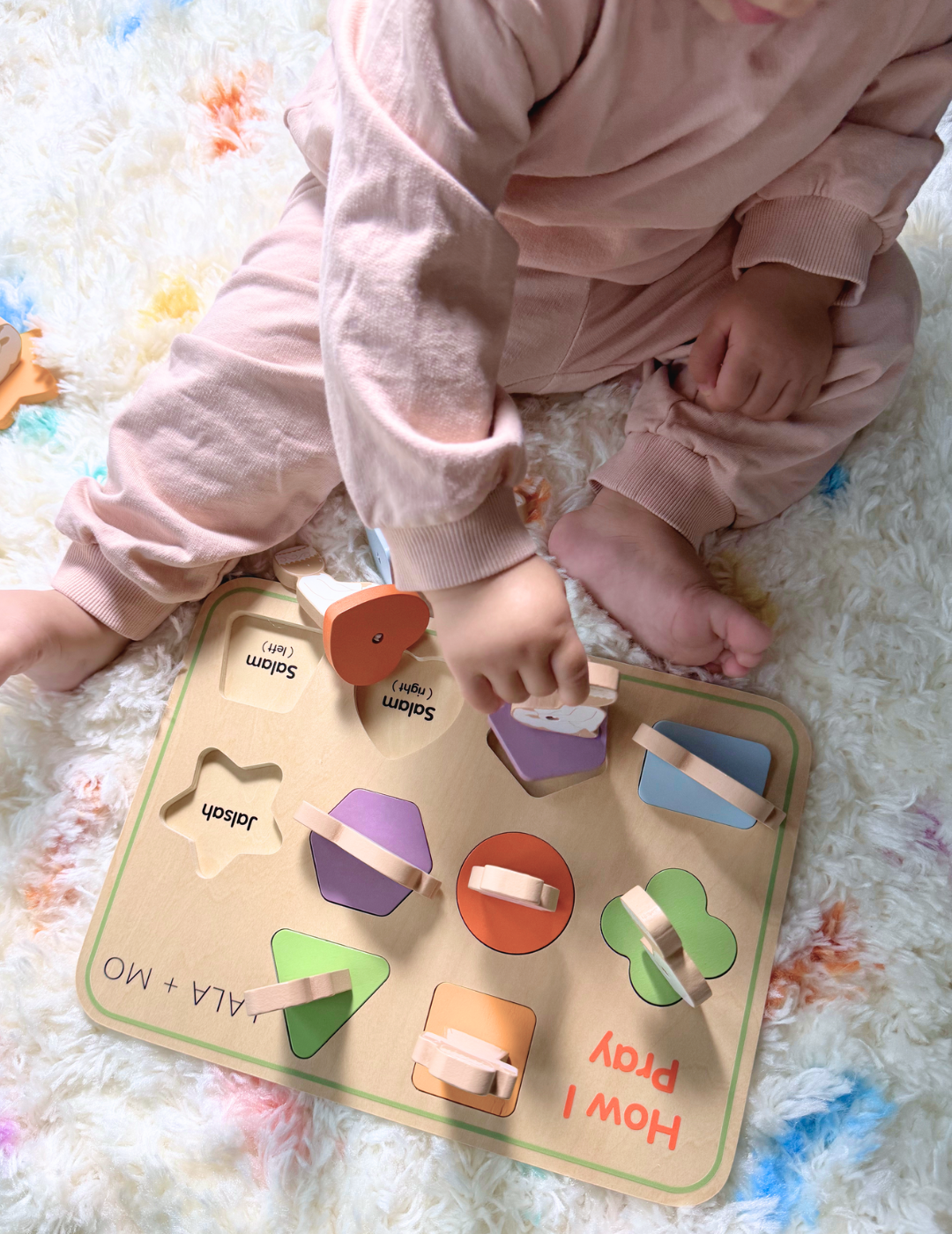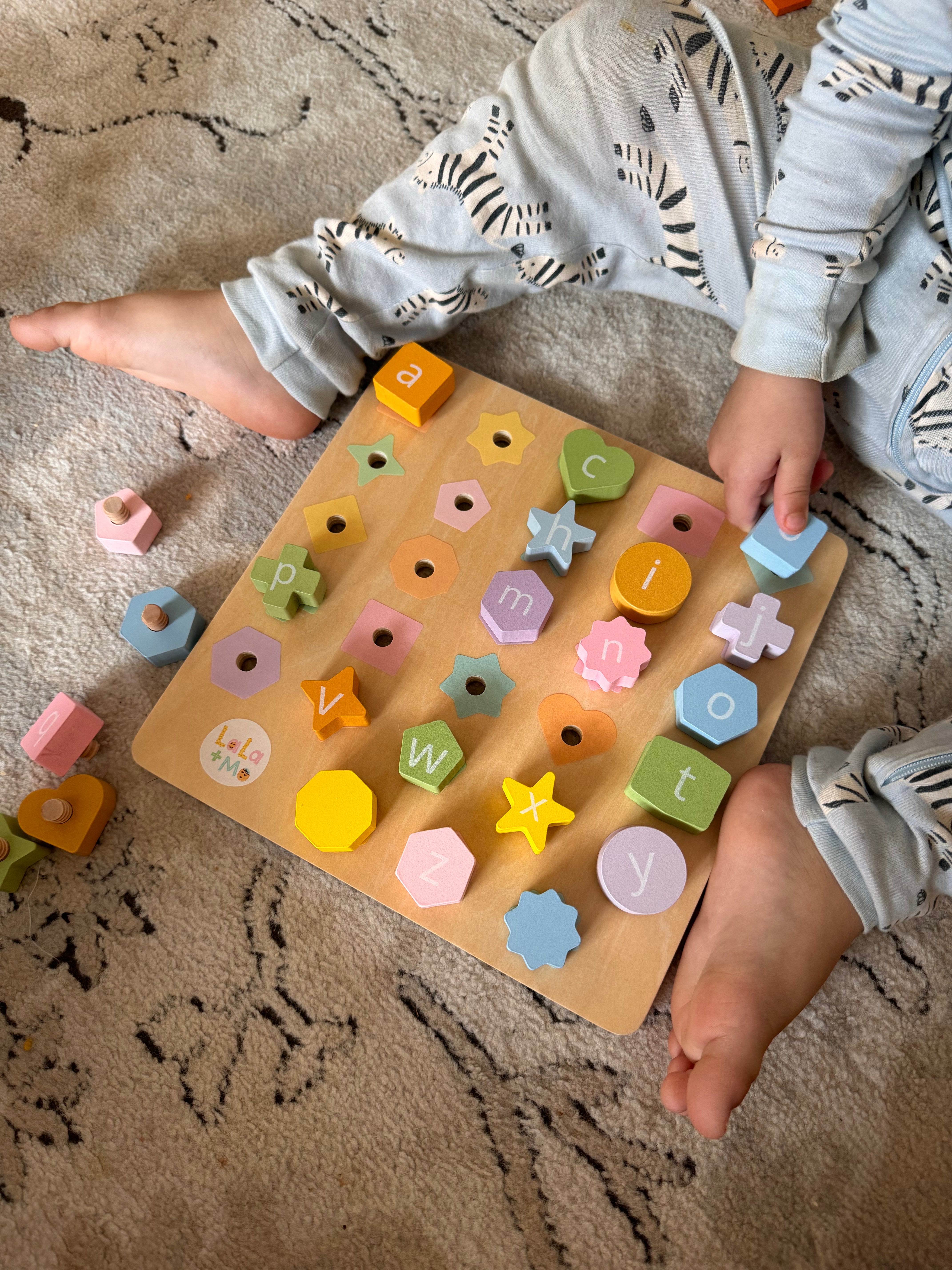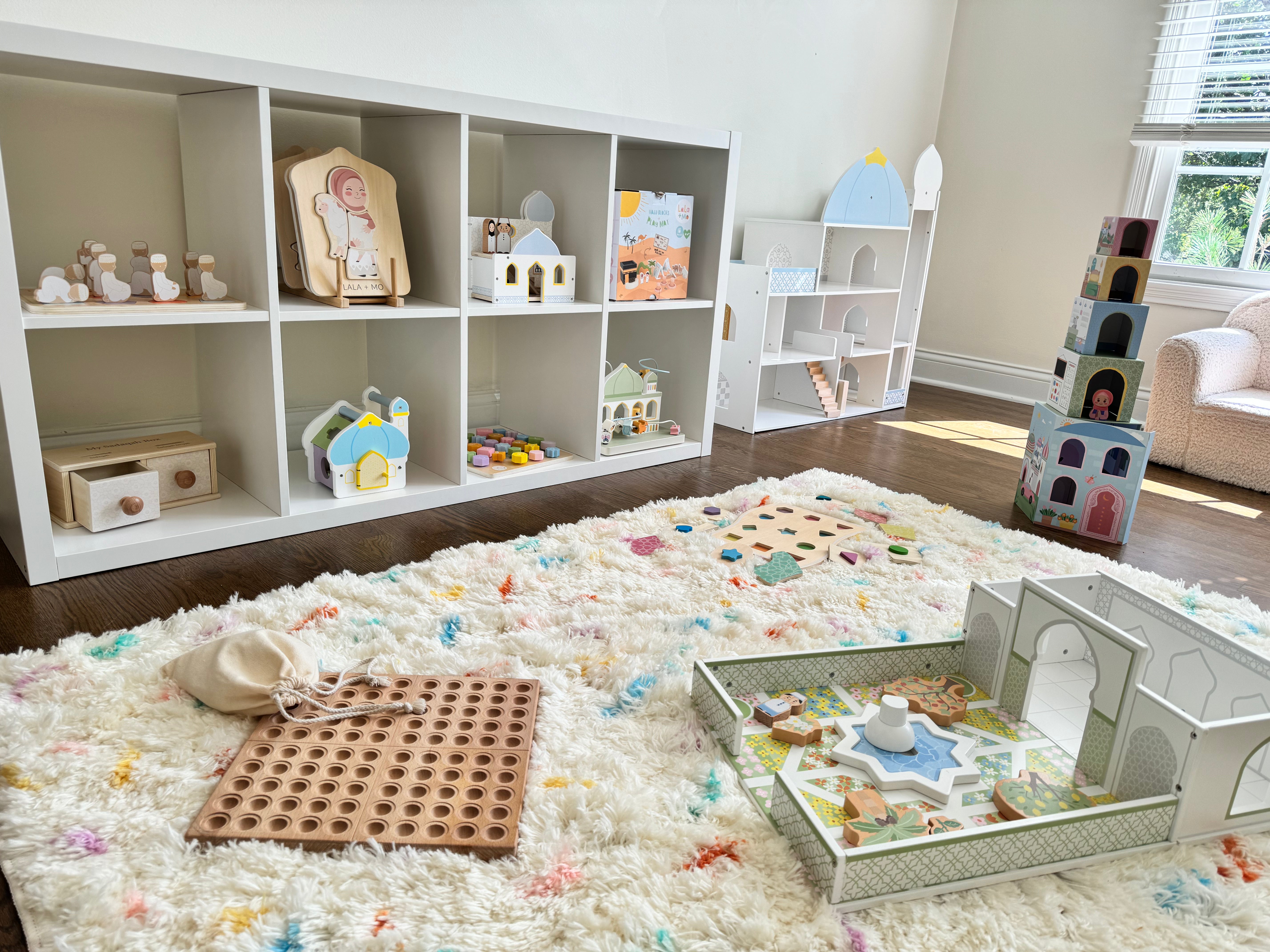
How Can We Make Islam FUN for Toddlers and Kids?
When we think of teaching Islam to children, it’s easy to picture a classroom, textbooks, and memorization. But learning about Islam can be much more than that, especially for toddlers and young kids. Making Islam enjoyable for children fosters a strong, lifelong connection to their faith. Here are some creative and engaging ways to make Islam fun and memorable for little ones.
Play-Based Learning
Children naturally learn through play, so why not make Islamic lessons a part of their playtime? Use toys and activities that represent Islamic concepts.
Storytime with a Purpose: Interactive Storytelling
Storytelling is a powerful way to engage children and teach moral lessons. Bring to life stories from the Quran and the lives of the prophets in a way that resonates with young hearts.
- Props and Visuals: Use simple props like felt characters, finger puppets, or picture books to illustrate the story. For example, if you’re sharing the story of Prophet Yunus and the whale, a soft toy whale can make it memorable.
- Interactive Questions: Ask questions to involve kids in the story. For example, “What do you think happened when Prophet Yunus was in the whale?” This keeps them curious and attentive.
Hands-On Activities and Crafts with Islamic Themes
Engaging kids with crafts and activities makes Islamic lessons more tangible.
- Quran-Inspired Art: Let kids create paintings, clay figures, or drawings of themes from the Quran, like animals mentioned in the Quran.
Islamic Songs and Rhymes: Learn Through Music
Children love music, and Islamic songs can be an enjoyable way to learn. Incorporate Islamic rhymes or nasheeds into daily routines to teach them about Allah, the prophets, or good character.
Memorize Short Surahs or Supplications:
Start with simple supplications or short Surahs. Singing them with children makes memorization easier and brings joy to their voices. Quran Blossoms is an example of a program that integrates such teachings with songs and play.
Introduce Good Manners with Role-Playing
Teaching Islamic etiquette (adaab) can be engaging when approached through role-play.
Children love music, and Islamic songs can be an enjoyable way to learn. Incorporate Islamic rhymes or nasheeds into daily routines to teach them about Allah, the prophets, or good character.
Memorize Short Surahs or Supplications:
Start with simple supplications or short Surahs. Singing them with children makes memorization easier and brings joy to their voices. Quran Blossoms is an example of a program that integrates such teachings with songs and play.
Introduce Good Manners with Role-Playing
Teaching Islamic etiquette (adaab) can be engaging when approached through role-play.
- Daily Situations in Role-Play: Set up scenes around the house where they can practice saying “Assalamu Alaikum” at the door, or saying Bismillah before meals.
Taking children outside to explore nature gives them a sense of awe about Allah’s creation. Point out trees, animals, stars, and the sun, explaining that these are all signs of Allah.
Celebrate Islamic Holidays with Joy and Meaning
Celebrating Eid or Ramadan with special decorations, gifts, and family gatherings helps children feel excitement and belonging within their faith.
- Ramadan Countdown Activities: Create a Ramadan calendar with daily activities that teach Islamic values, such as sharing, kindness, or learning a new dua. Kids can look forward to each day, making Ramadan special and memorable.
Finding screen-free ways to teach Islam keeps young children engaged without relying on technology.
- Books and Flashcards: Use flashcards with Arabic letters, names of Allah, or Quranic words to introduce kids to these concepts in a playful way. Or read Islamic storybooks together, making screen-free time meaningful.
Incorporating Islam into children’s daily lives through these creative and hands-on approaches makes it a joyful, memorable experience. By making Islam fun and age-appropriate, we help foster a loving and lasting connection between young hearts and their faith.




